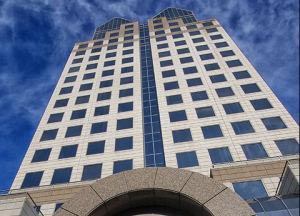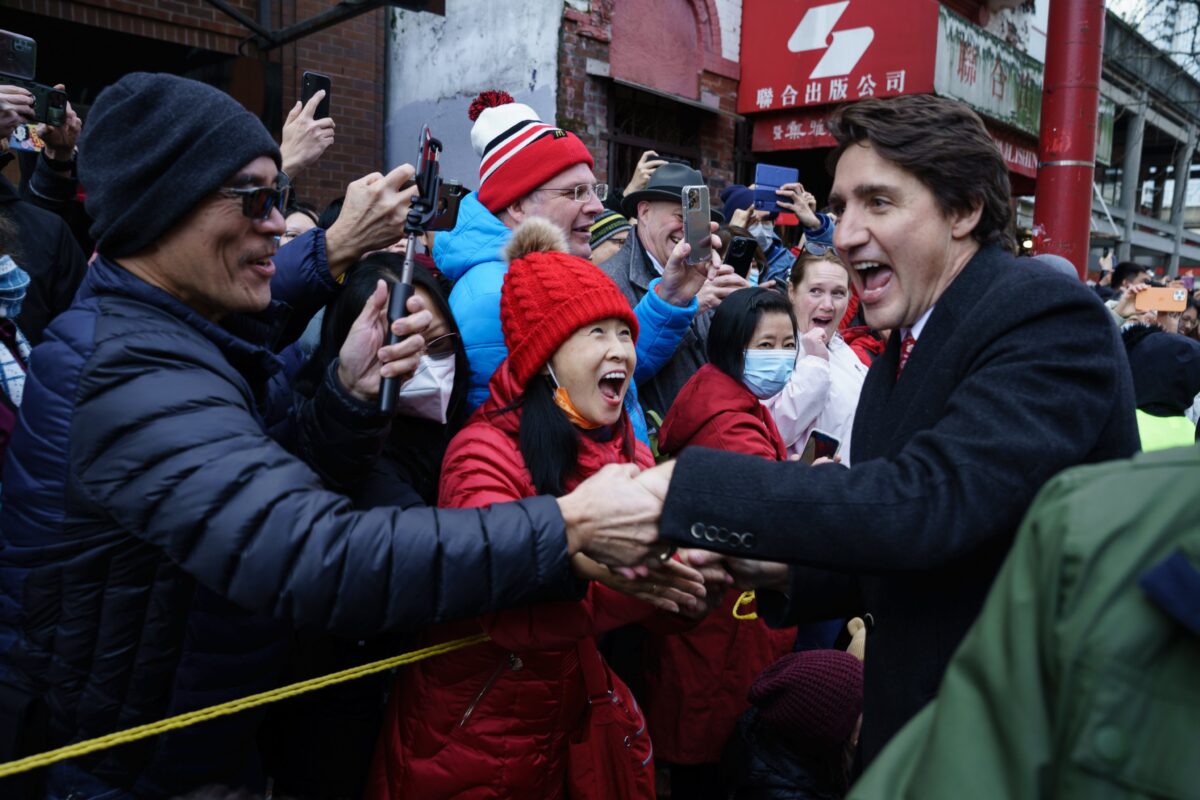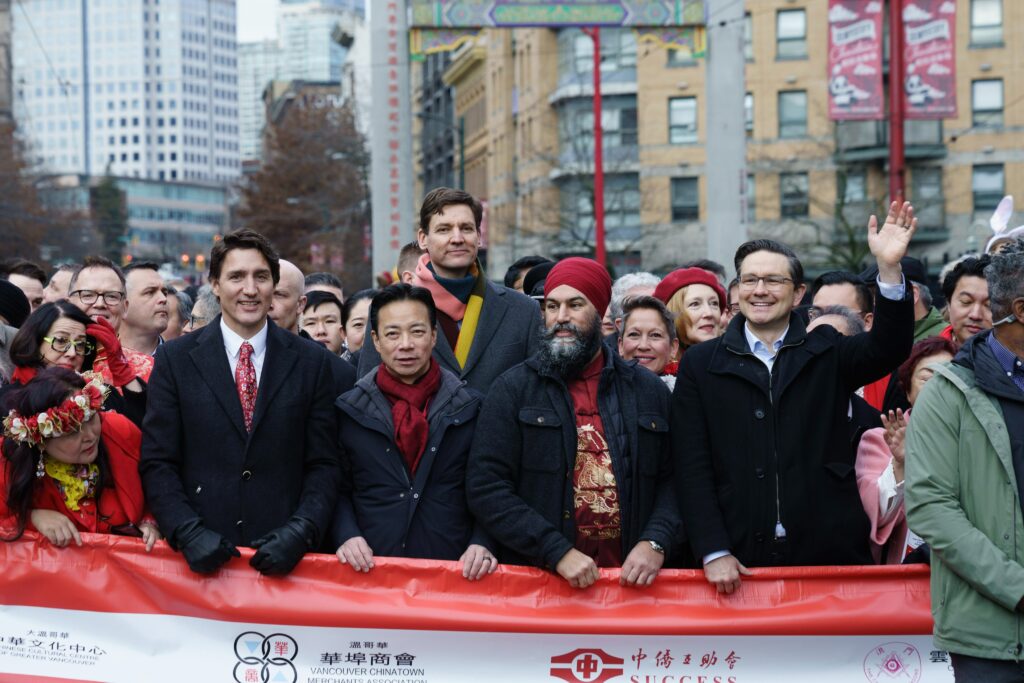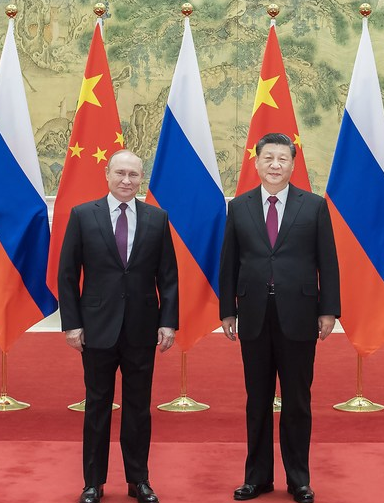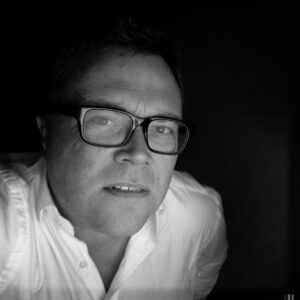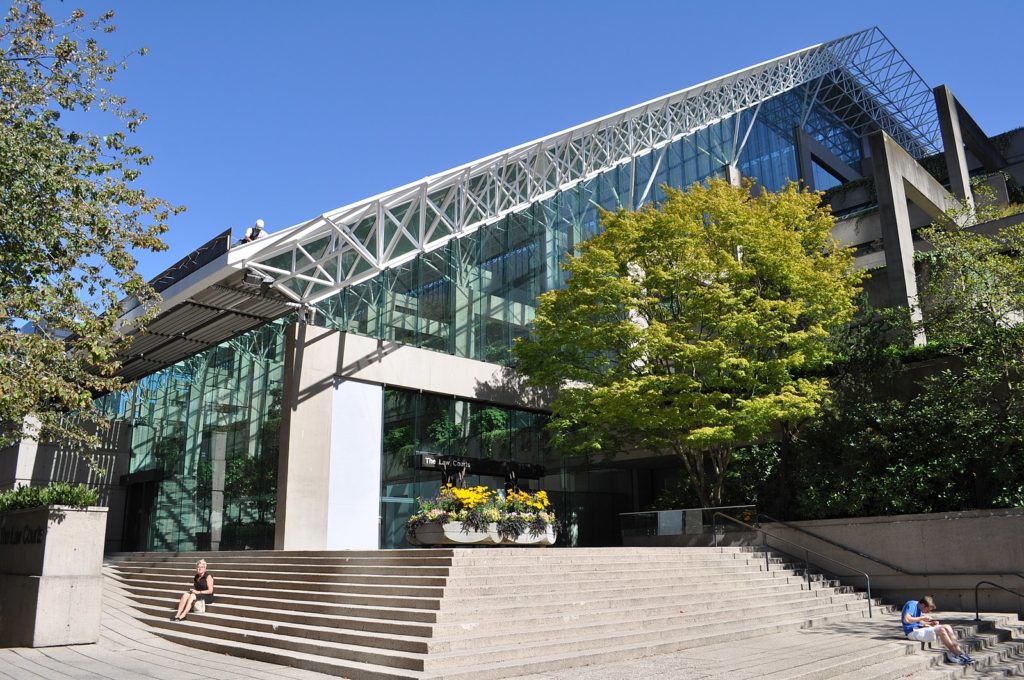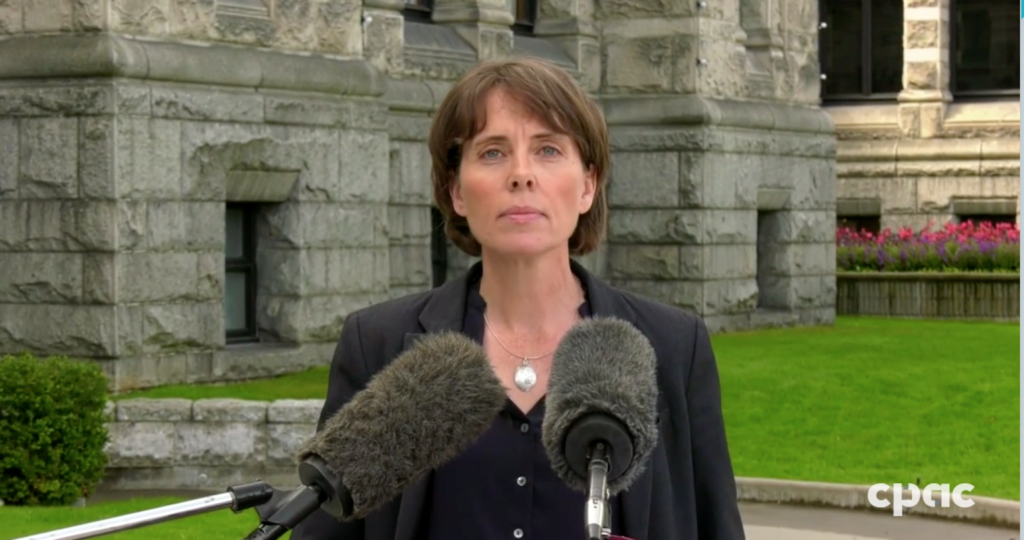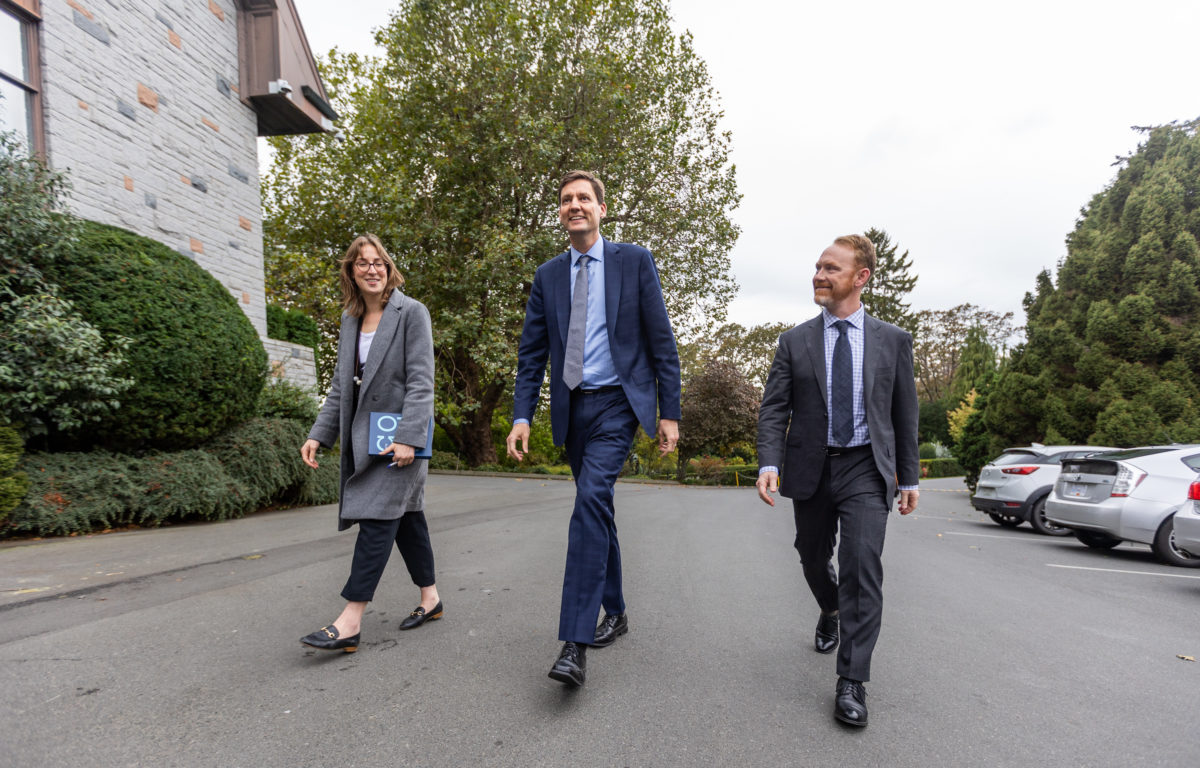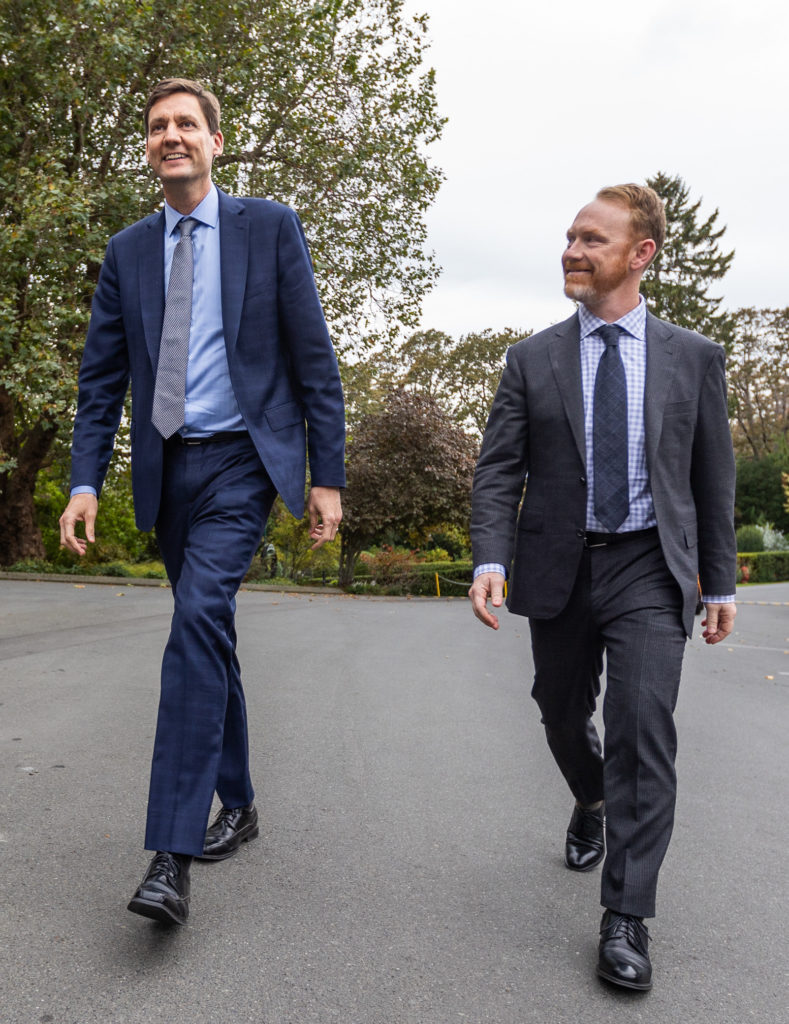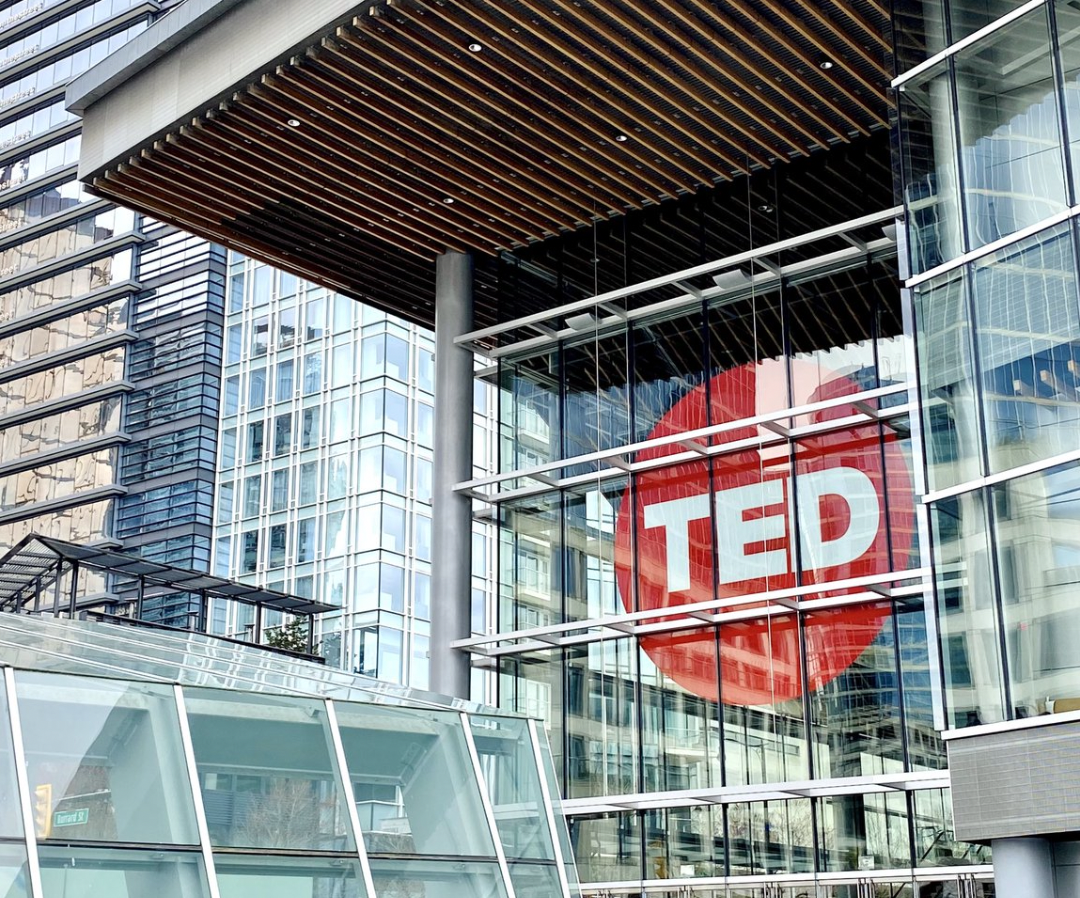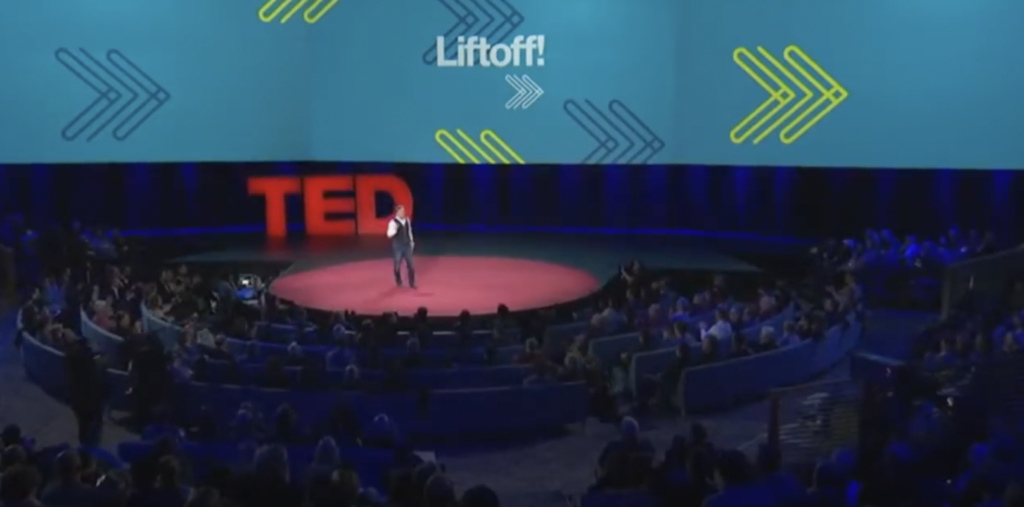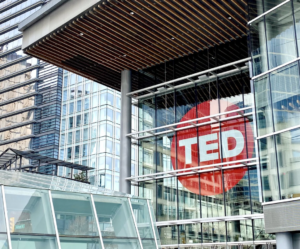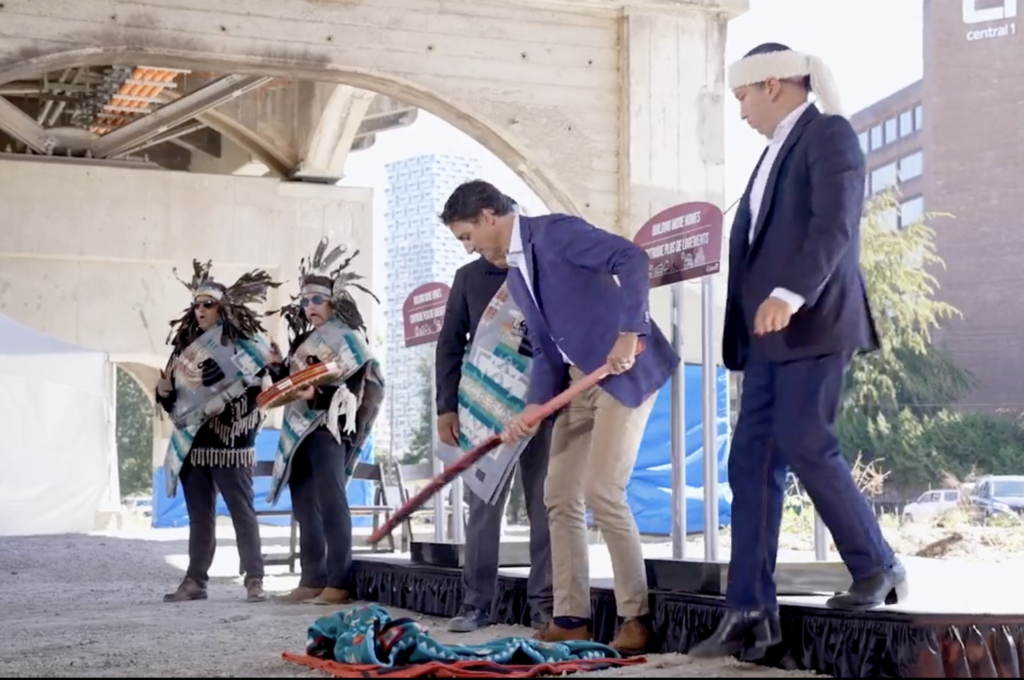BC Hydro cryptic about crypto electricity use
Bob Mackin
BC Hydro is concealing statistics about electricity use by cryptocurrency miners during the first half of the fiscal year.
In its Nov. 1 load update briefing note to senior executives of the Crown corporation, BC Hydro shows that the entire large industrial sector accounted for 6,591 Gigawatt-hours (GWh) during the period, 1% less than forecast in the service plan.

Itron OpenWay smart meter (BC Hydro)
BC Hydro censored load statistics about crypto mining, coal mining and chemicals from the briefing note, which was obtained under the freedom of information law, because it feared that disclosure would harm Crown corporation finances and third-party business interests.
Crypto mining requires quantities of high-powered computers to constantly run and be cooled around the clock. So much so, that cabinet ordered the B.C. Utilities Commission (BCUC) last December to place an 18-month moratorium on crypto mining connection requests.
In a news release, the government said that 21 projects seeking 1,403 megawatts (MW) were temporarily suspended. The government said that would be enough to power 570,000 homes or 2.1 million electric vehicles for a year.
A report issued by BC Hydro before Christmas said that there were already 166 MW of operational projects at seven sites and another six projects totalling 107 MW were nearing connection, which could bring the total load to 273 MW.
Richard McCandless, a retired assistant deputy minister who analyzes the performance of BC Hydro and ICBC, said China’s May 2021 ban on crypto mining had a major ripple effect on those seeking cheap and reliable power.
“When China cracked down, these guys fled to different areas,” McCandless said in an interview. “So they took their computers and went somewhere else. Some wound up in B.C.”
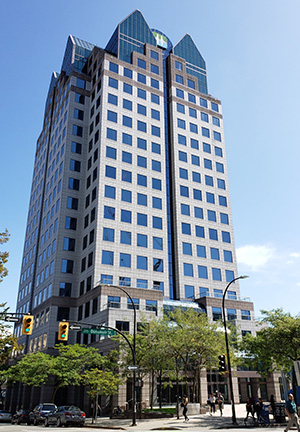
BC Hydro headquarters (BC Hydro)
BC Hydro’s secrecy about crypto loads appears rooted in the Crown corporation underestimating load demand, he said.
“Crypto is up so dramatically, they didn’t want to show that,” McCandless said. “Maybe they didn’t want to be seen as being asleep at the switch.”
Indeed, BCUC’s April 21 decision on BC Hydro’s 2021 revenue forecasts through the 2025 fiscal year included BC Hydro’s forecast increase for crypto and data centres of about 100 GWh through fiscal 2024, before returning to 2021 levels by 2025. The BCUC document said that BC Hydro’s December 2020 load forecast was lower than previous forecasts because of project cancellations and updated load requests.
“Given the segment’s continued uncertainty and volatility, the forecast assumes these facilities are not long lived,” the BC Hydro application said.
A September 2022 report to the White House, “Crypto-Assets in the United States,” said increased electricity demand from crypto-asset mining can lead to rate increases.
“Crypto-asset mining in upstate New York increased annual household electric bills by $82 and annual small business electric bills by $164, with net total losses from local consumers and businesses estimated to be $179 million from 2016-2018,” the report said. The report mentioned Plattsburgh, New York’s 18-month moratorium in 2018. Manitoba announced a similar moratorium almost a month before B.C.
B.C.’s total core domestic load of 23,666 GWh was 2% higher than the service plan, with commercial and light industrial (9,198 GWh) and residential (7,877 GWh) the top two customer segments.
“A cooler spring and warmer summer supported increased loads. However, warmer daytime temperatures in September impacted heating more than cooling,” said the briefing note.
“Commercial and light industrial consumption benefited from warmer temperatures in August, but has also been impacted to a lesser degree by reduced heating load in the first three weeks of October.”
Loads improved relative to 2021, but offices, retail businesses and restaurants remained below pre-pandemic levels. Education, recreation and hotel sectors were in line with pre-pandemic levels. Light industrial sector growth offset the declines.
For heavy industry, pulp and paper electricity use was 15% ahead of forecast, but wood manufacturing 16% below forecast. Oil and gas grew 9% relative to the previous year, but fell 9% below the service plan, the briefing note said.
Support theBreaker.news for as low as $2 a month on Patreon. Find out how. Click here.
Bob Mackin BC Hydro is concealing statistics about






